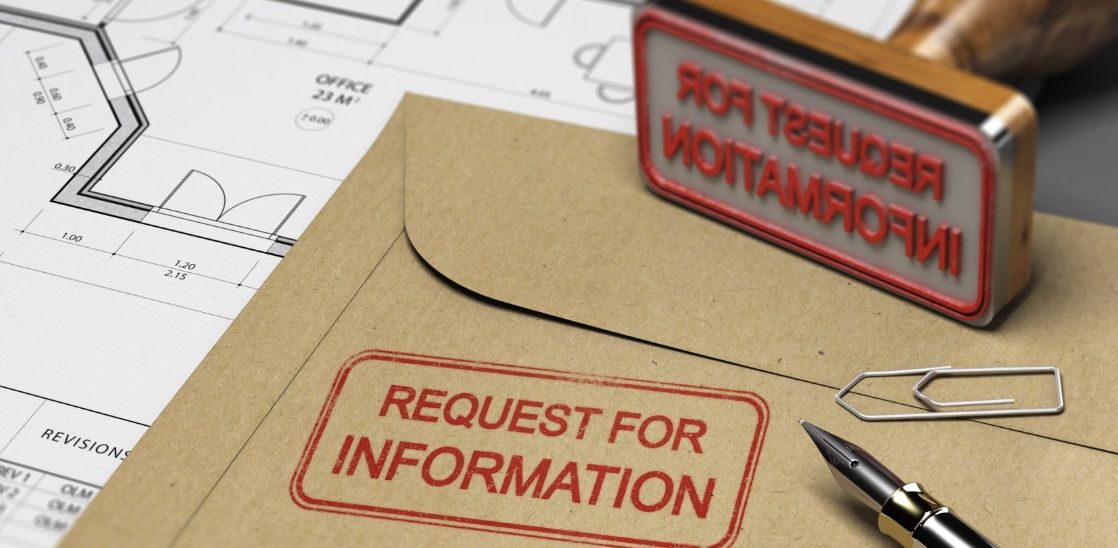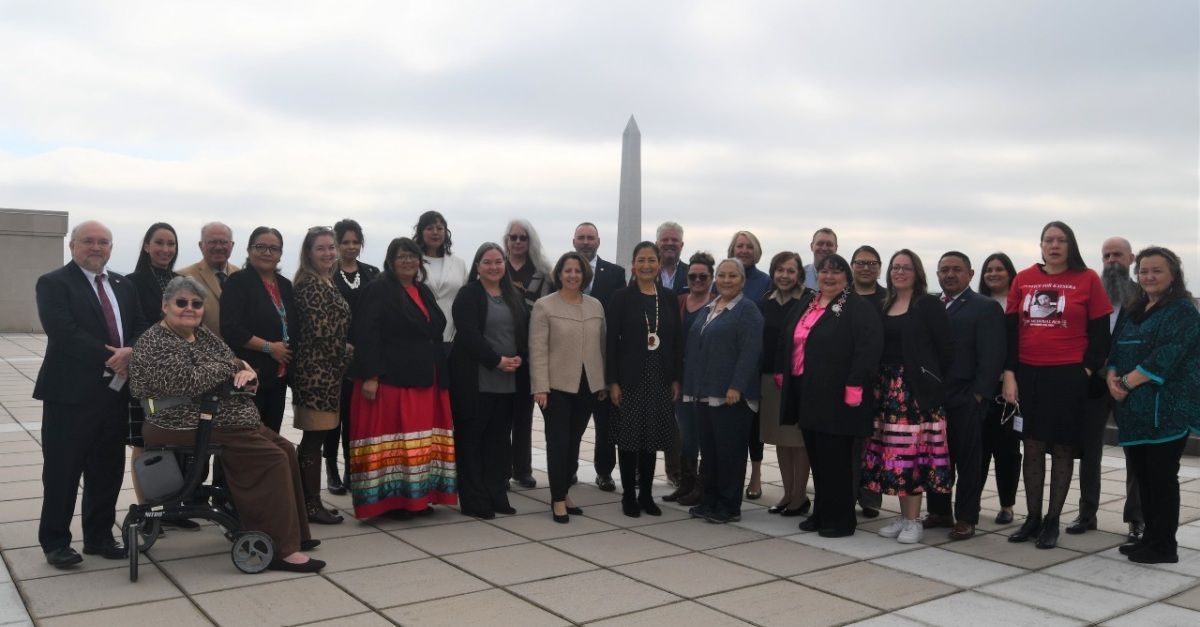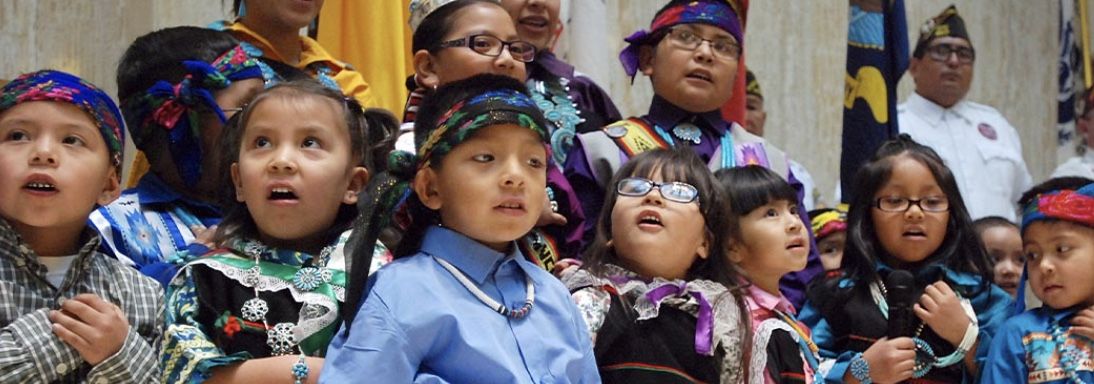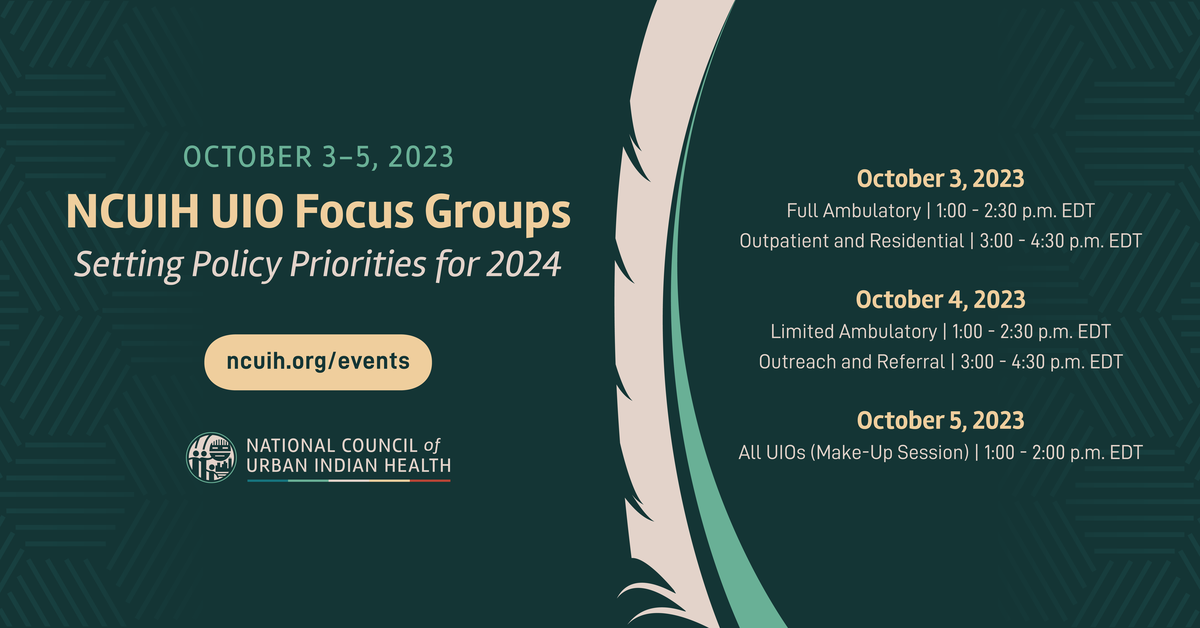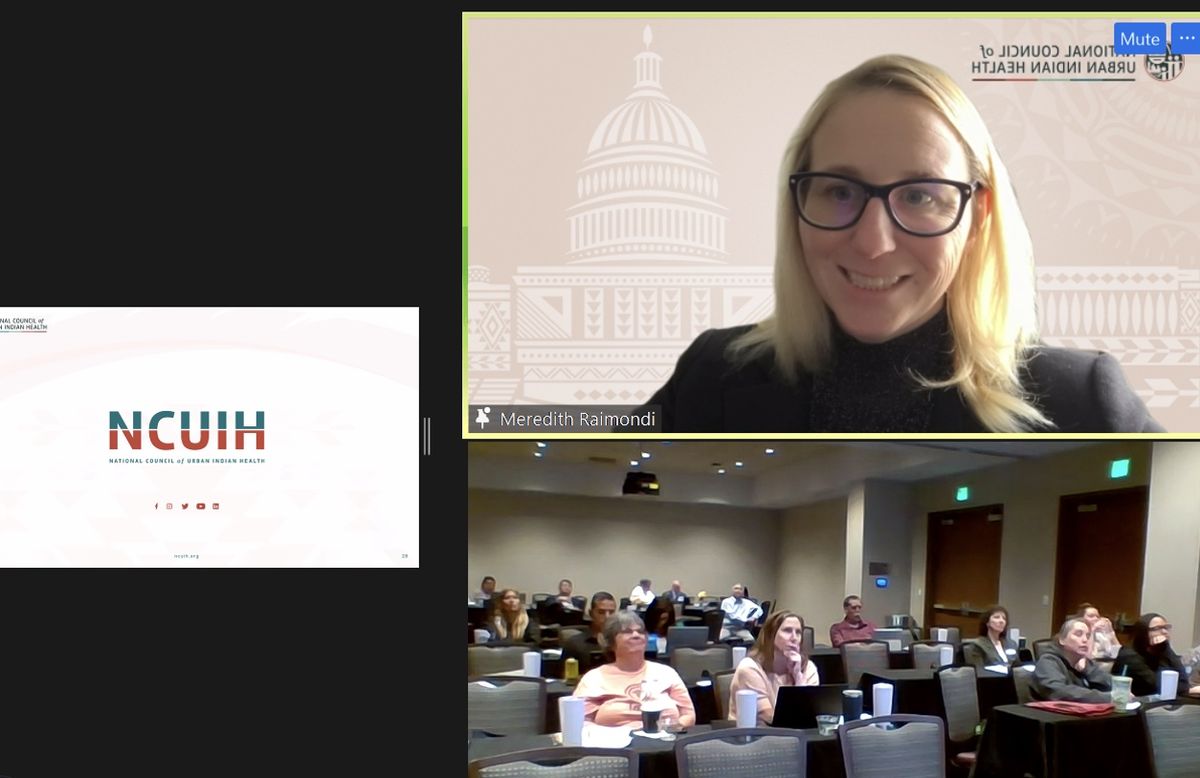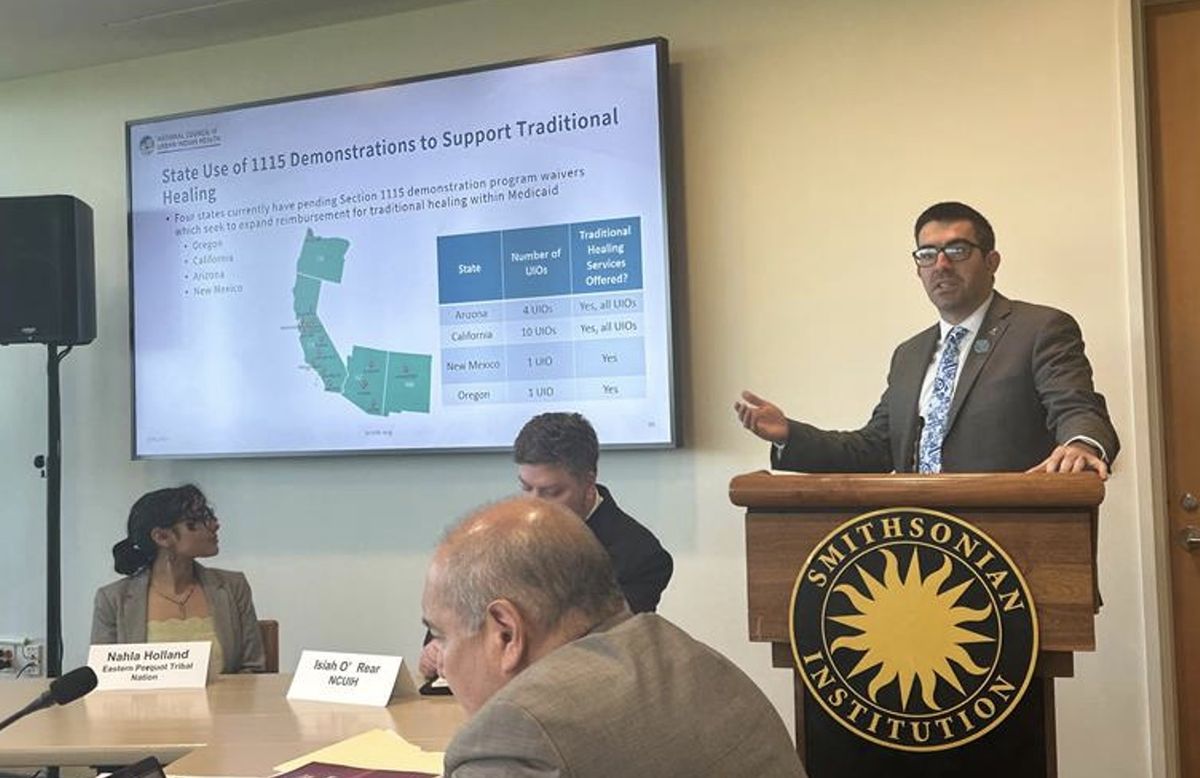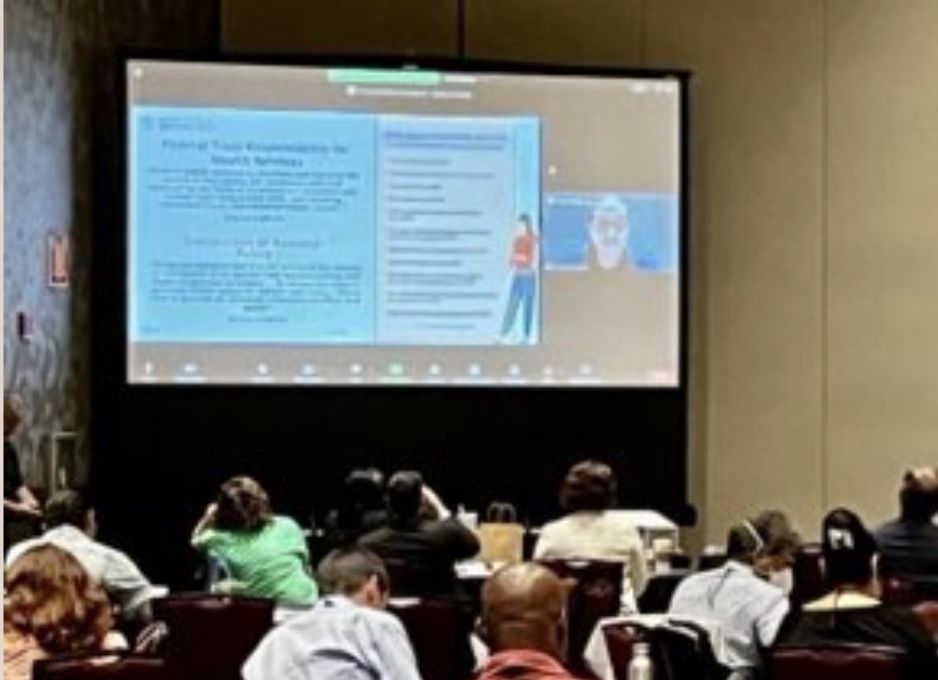On July 19, 2023, the Indian Health Service (IHS) sent a Dear Tribal Leader and Urban Indian Organization Leader letter providing an update on the status of implementing the Fiscal Year (FY) 2024 advance appropriations provided to the IHS. To ensure the successful implementation of advance appropriations, the IHS has identified three strategic goals. Goal 1 aims to distribute FY 2024 advance appropriations for IHS, Tribal, and Urban Indian health programs as close as possible on or after October 1, 2023. Goal 2 aims to ensure regular engagement with Tribal Leaders, Urban Indian Organization (UIO) Leaders, and Congress so that all relevant stakeholders have a clear understanding of the Agency’s progress. Goal 3 aims to demonstrate the impact of advance appropriations to demonstrate the positive impacts.
IHS Strategic Goals for Advance Appropriations
The IHS’s first goal in implementing advance appropriations is to distribute the funds as soon as possible after October 1, 2023. To date, to achieve this goal, the IHS has taken the following steps:
- Updating existing budget execution systems and internal timelines to allow funds to be distributed as quickly as possible. The IHS has confirmed that all financial systems will support the rapid distribution of funds.
- Ensuring apportionments, which authorize the expenditure of funds, are prepared and approved timely by the IHS for submission to the Department of Health and Human Services (HHS) and Office of Management and Budget (OMB);
- Partnering with all IHS Headquarters and Area Office staff involved in payments to Tribal Organizations and UIOs to ensure an effective process; and
- Upon the enactment of a full year bill, the IHS will distribute any additional funds enacted by Congress as soon as possible after the passage of the bill.
The IHS’s second goal in implementing advance appropriations is to ensure regular outreach and engagement with Tribal Leaders, UIO Leaders, and Congress, so that all relevant stakeholders have a clear understanding of the Agency’s progress. To achieve this goal, the IHS is:
- Making useful information about advance appropriations implementation available on the IHS Web site; Briefing Tribal Leaders and Urban Indian Organization Leaders on implementation progress during scheduled meetings and/or engagements. Conducting listening sessions, or Tribal Consultation and Urban Confer; and
- Providing updates to Congress on the IHS’s progress toward implementation.
The IHS’s third goal in implementing advance appropriations is to demonstrate the positive impacts of advance appropriations, including:
- Partnering with health programs operated by the IHS, Tribes, and UIOs to identify metrics for success, including success stories. The IHS is developing a plan to engage IHS, Tribal, and Urban Indian health programs on an ongoing basis to seek your input on how advance appropriations have improved your ability to provide high-quality health care services.
- The IHS will complete an evaluation to assess the implementation, impact, and customer service satisfaction regarding the execution of advance appropriations.
Background on IHS Advance Appropriations
In FY 2023, the IHS received the first ever advance appropriation for the FY 2024 Budget. The FY 2023 Consolidated Appropriations Act (Public Law 117-328) included a total of $5.1 billion in FY 2024 advance appropriations for the Indian Health Service, which includes funding at the same level as FY 2023 enacted for nearly all IHS programs. The full year funding level will be available for these programs on Oct. 1, 2023, regardless of whether Congress enacts a continuing resolution or full year bill. Advance appropriations provide long overdue funding stability and predictability for the IHS.
NCUIH Advocacy
After tireless advocacy from the National Council of Urban Indian Health (NCUIH) and across Indian Country, advance appropriations for IHS was included in the FY 2023 final spending bill to provide stable funding for FY 2024. The current advanced appropriation expires in FY 2025, and NCUIH is continuing its advocacy to secure funding for IHS for future years. NCUIH endorsed the bipartisan, bicameral Indian Program Advance Appropriations Act (H.R.4832/S.2424) which was reintroduced by Sen. Lujan (D-NM), Sen. Mullin (R-OK), Rep. McCollum (D-MN-04), and Rep. Cole (R-OK-04) on July 24, 2023. This bill would authorize advance appropriations for several accounts under the Bureau of Indian Affairs and Bureau of Indian Education within the Department of Interior and IHS within the Department of Health and Human Services.
For FY 2024, NCUIH has been advocating that advance appropriations be maintained for IHS until mandatory funding is achieved. On March 9, 2023, NCUIH CEO Francys Crevier (Algonquin), testified before and submitted public witness written testimony to the House Appropriations Subcommittee on Interior, Environment, and Related Agencies regarding FY 2024 funding and requested that advance appropriations for IHS be maintained. NCUIH also worked closely with Representatives Gallego and Grijalva on leading a Congressional letter to the House Committee on Appropriations for FY 2024, urging to maintain advance appropriations for IHS until such time that authorizers move IHS to mandatory spending. On April 4, 2023, a group of 12 Senators sent a letter to the Senate Interior Appropriations Committee with the same requests. Due to this advocacy, advance appropriations for IHS was maintained for FY 2025 in both the House and Senate Interior Appropriations proposed FY 2024 spending bills.
Next Steps
NCUIH continues to engage with IHS to ensure the successful implementation of advance appropriations for the whole IHS, Tribal organization, and UIO system. NCUIH encourages IHS to host an Urban Confer before October 1, 2023, to ensure UIOs are briefed on the implementation process and are prepared for fund distribution.



